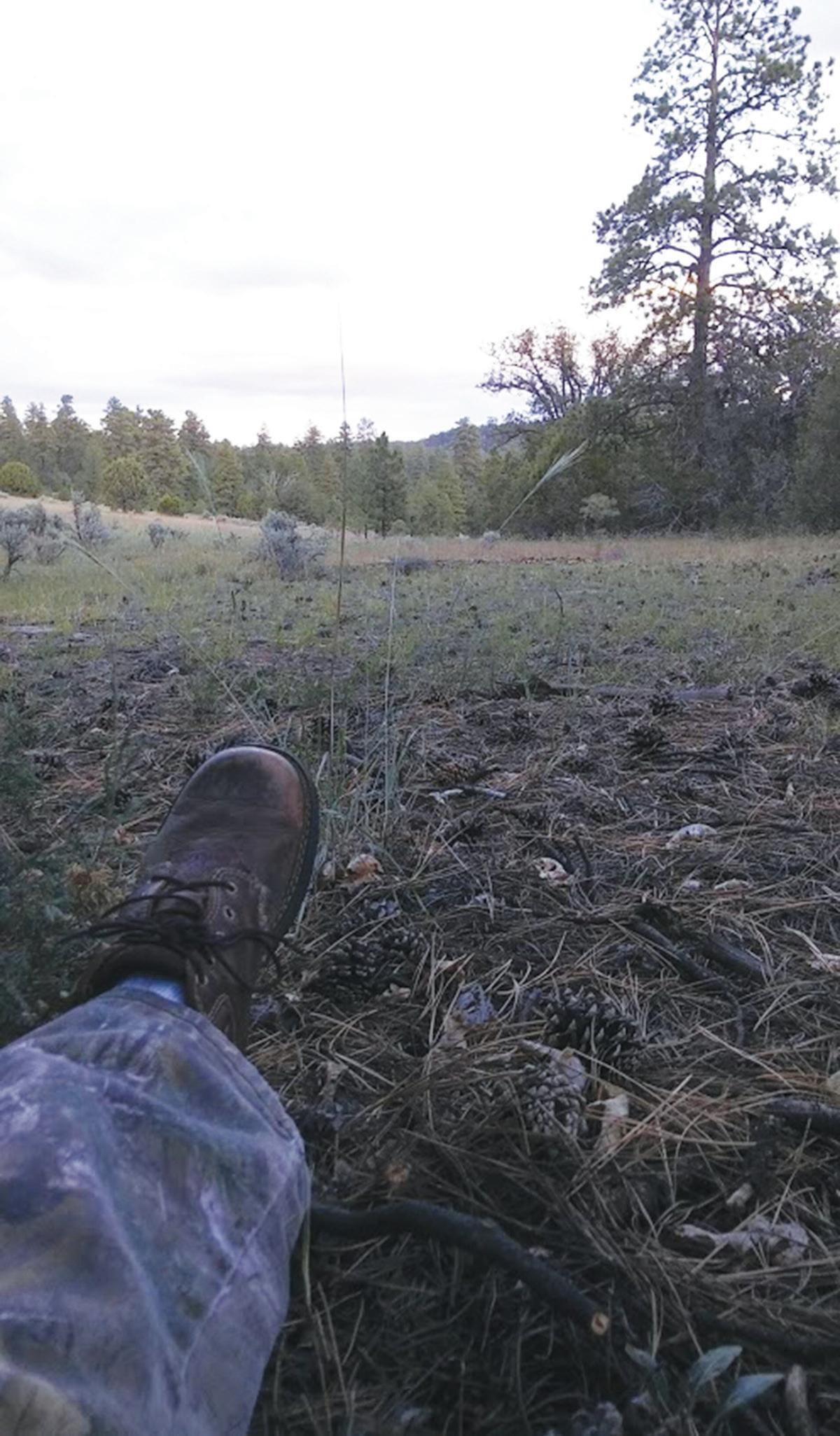SOME THOUGHTS ON LANGUAGE WHAT DOES GUTTERAL REALLY MEAN?
THIS PICTURE DOESN'T HAVE MUCH TO DO WITH THE ARTICLE, BUT I LIKE IT.
A
ll my life I have been both amused and angered by some of the prevalent notions about Native Americans especially including their origins and language. The first chronicler of the New World speculated they were Persian, others have gone with Hebrew. Zunis are Japanese, and now we can add “space alien” to the list. President Jefferson, who didn’t treat Natives very well, was the first to realize that all Natives did not speak “Indian,” but probably hundreds of languages. He didn’t know that half of the world’s languages would be found in the Americas, and nearly half of those in what is now California. That does seem to be an exaggeration, but it isn’t. “Guttural” seems to be indiscriminately applied to any language not spoken by the person using the term. If “guttural” indicates some sort of grunting or growling, that makes the word even more offensive than its original meaning, which is bad enough. Guttural: husky, gravelly, gruff, croaky. The only time I have encountered that kind of speech was when the speaker intended that sound— intimidating. 22
November 2018
Cushing, who eventually spoke Zuni fluently, describes his early impression of the language as a “strange, clicky language,” and that Zunis always said a sentence, long or short, in one breath. Curious. Even Cushing couldn’t help but make derogatory pronouncements “It’s all Greek to me” simply means it is unintelligible. Griego is similarly used in Spanish, giving origin to Gringo. Don’t believe any of the silly folk etymologies. It had nothing to do with “green coats” or “lilacs.” I have heard a lot of languages in my life, speak some of a couple of them, and I am quite familiar with Navajo, Zuni, and Goshute. The fact is, German may be the only language qualifying for that sound. Actually, the English letter R is harsher than found in other languages with a similar sound. In Spanish it is referred to as a flap. Listen to a native speaker of Spanish and a word like “gracias.” The R is not a growling sound, “Rrr,” as most Gringos say it, but almost a “GrD” sound. Say the word correctly and feel what the tongue does. In Zuni it is usually an aspirate, sort of a “Rh,” softer. By the way, our pronunciation of “a” as in “bad” is limited to only American English in the entire world. Even the Brits don’t ever use that sound. All in the ear of the listener, so to speak.
DOES ESKIMO SNOW MAKE BETTER SNOWBALLS?
Most everyone has heard at one time or another, usually in school, that Eskimo (Inuit, Aleut, Yupic, etc.) has at least fifty words for snow. Over the years the number has either gone up (100 or more) or debunked as just an accident of sloppy scholarship. That also depends on how “word” is defined. The Aleut languages do have a basic word for snow, but it is never use by them. The notion of a huge number of words for snow came originally from Franz Boas, one of the founders of modern anthropology, in his introduction to “Handbook of American Indian Languages” in 1911. He was the Arctic’s answer to Frank Cushing. He wrote his fiancée that he had gone native: “I am now truly like an Eskimo….I scarcely eat any European foodstuffs any longer, but am living entirely on seal meat.” The huge number of words for snow captured the popular













